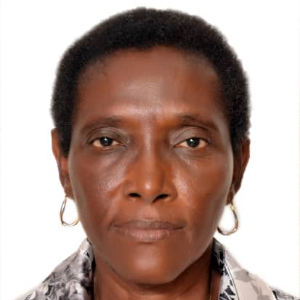Abstract:
Background: Physical activity and nutritional status influence the health status and cognition of young adults. Lack of physical activity increases the likelihood of developing obesity which leads to the risk of heart diseases and other risk factors like high blood pressure, high blood cholesterol, diabetes etc.
Objective:The objective of this study was to assess the physical activity level and Nutritional status of undergraduate students of Bowen University, Iwo, Osun, state.
Methodology: The study employed a cross-sectional study design. The study used a multi-stage sampling technique multi- stage sampling technique; Purposive, for the selection of colleges that would be used, stratified random sampling for stratifying the colleges into departments and simple random sampling for the selection of each respondent from the departments. Structured questionnaires were used to obtain data from the respondents and pre-tested anthropometric instruments were used to get the weight and height of the respondents and statistically analyzed using SPSS version 22.0 and the TDA (Total dietary allowance) software which was used to analyze the nutrient intake of the respondents.
Results: This study showed that they comprised of 50.1% males and 40.9% females. Slightly above average 51.8% were between the ages of 15-19 with mean age being 19.57 years; ages 20-24 were slightly below average at 45.7%. The male students 58.7% had vigorous physical activity, whereas the majority of females 76.5% had a light physical activity level. 39.1% of the male students carried out physical activity 2-3 times per week while One-third of the female students (38.3%) carried out physical activity 6-7 times per week. The majority of the respondents had inadequate protein- 63.8%, Carbohydrate- 60.2%, and Dietary fiber- 88.8. 36% eat rice 4-6 times per week. The majority of the respondents had inadequate fruit and vegetables (Efo, Banana,) at 47.7%, 40.6% respectively. Using Body mass index, (63.2%) have normal weight. 22.9% are overweight, 6.8% are underweight, 5.4% have grade 1 obesity and 1.6% have grade II obesity. There was a statistically significant association between the physical activity of the respondents with their nutritional status (p=0.037), physical activity and sex (p=0.000), nutritional status and amount spent on food daily (p=0.007).
Conclusion and Recommendation: The study concluded that the physical activity level of the respondents, most especially the females were low; One-third of the students were malnourished therefore, there should be an urgent need for improving the overall health status of students by providing the students with well-equipped gyms and other sporting equipment’s that would make them participate actively and keep fit.




